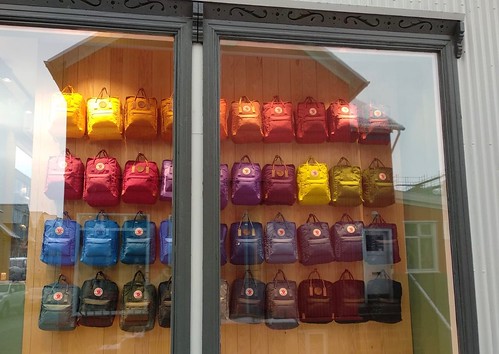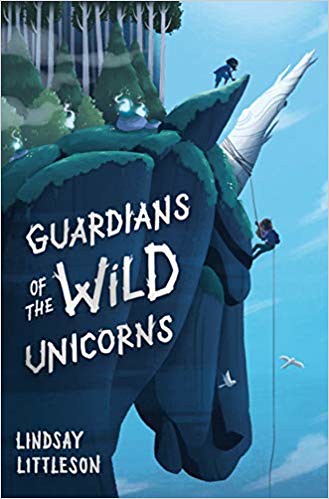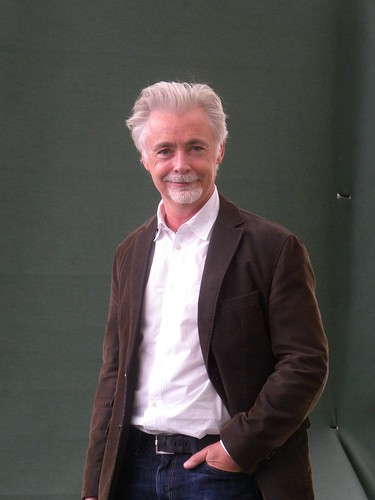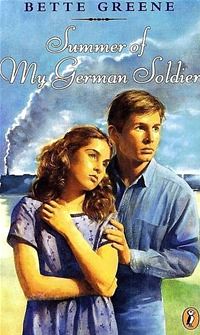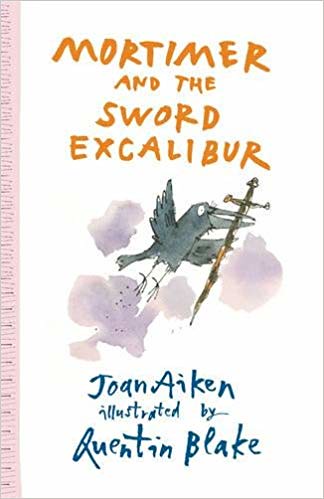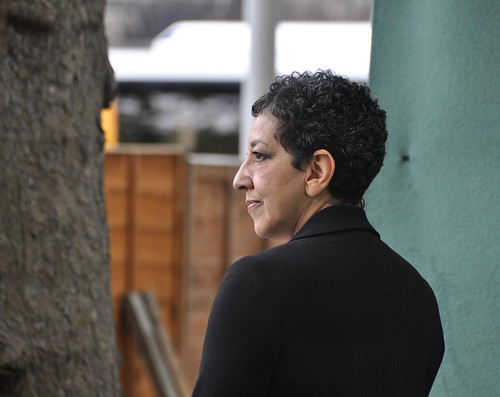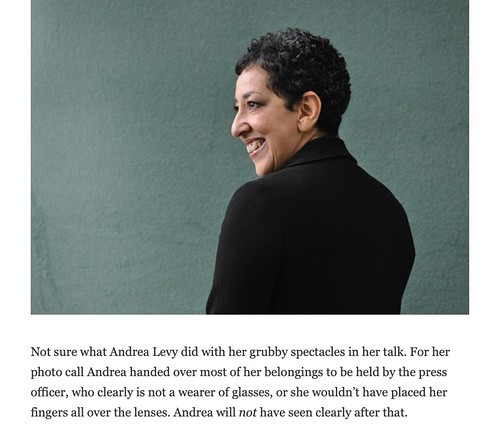Later this week Moira McPartlin’s Star of Hope, the third book in her Sun Song trilogy is published. I think it’s an exceptionally good title for a book, and I wish it and Moira all the best out in the big wide world.
As you can see, today I have cornered Moira for some questions and answers, but let me tell you right now that I have already emptied her bank account, so don’t even think about it!
Over to Moira:

How many books did you write before the one that was your first published book?
One. It is called Torque and is about the strange love/hate/trust/jealousy relationship climbers have with their climbing partners. I sent submissions out to agents and publishers and received many, many rejections. Most saying they didn’t know where to place it in the market. I also received a free report from a Literary Agency which was pretty scathing so I buried Torque deep in my hard drive. One day I may dig it out again but it will need a full rewrite.
Best place for inspiration?
I can write just about anywhere but I know that my best work is written away from home. I spent many holidays in Applecross, a remote peninsula in the West Highlands and wrote some fine short stories there. I also wrote Ways of the Doomed, the first book in the Sun Song Trilogy, while living in Paris for a year.
Would you ever consider writing under a pseudonym? Perhaps you already do?
I don’t write under a pseudonym because an agent once told me, before I was published, that Moira McPartlin is a great writer’s name. But I have toyed with the idea of using the name Agyness Foley if I ever wrote anything totally different. Agnes is my middle name (but the spelling is old fashioned) and Foley is my mother’s maiden name, although I probably shouldn’t have told you that because that’s a security question isn’t it?
What would you never write about?
I’m not sure I can say there is anything I would never write about although I would think twice about appropriating another person’s culture and race. My debut novel The Incomers is about a black West African woman, Ellie. I didn’t set out to write Ellie, she took over my story. I struggled hard before publication about whether I had the right to tell her story and it was only after a couple of black African men read The Incomers and approved that I felt relief. Having said that, one of the characters in my work in progress is an Arab male but that might change.
Through your writing: the most unexpected person you’ve met, or the most unexpected place you’ve ended up in?
Just before I put the finishing touches to The Incomers I went to Africa for the first time. I felt it was my duty to get the feel of Africa. I went to the Gambia and took a local tour to a village where I met women and school children and learned a tiny bit about their lives. When I came home, my hairdresser put me in touch with a Gambian woman who lived in the next village to me. Ellie, my character’s story is set in 1966 Fife. Fatoumata lived in 2011 rural Stirlingshire. I was amazed to discover their stories were not that different.
Which of your characters would you most like to be?
I think I’d to be Ishbel, the 21-year-old heroine of The Sun Song Trilogy. One reviewer described her as a post-apocalyptic Lara Croft. I like that description. When I created her I imagined her as a fresh-faced Nicole Kidman before the glam; tall, slim, red hair, amber eyes, in control. Yes, definitely Ishbel.
Do you think that having a film made of one of your books would be a good or a bad thing?
I think it would be a great thing! I am a very visual person, so when I write I can picture every scene in my head. I think that is why readers tell me my books would make good films. The hardest thing for writers is getting their books discovered by readers, a film is a great way to make that happen.
What is the strangest question you’ve been asked at an event?
I was once asked what was the difference between storytelling and lying? I was running a workshop on creating future worlds and I handed out made-up newspaper headlines about their town and asked them to write the story. One girl took real offence to this and more or less called me a liar. It was a good question though and made me rethink my definition of storytelling
Do you have any unexpected skills?
I am very good at untangling: fishing line, which I’ve snagged up in the first place; my granddaughter’s silver chains; my granddaughter’s Rapunzel-like hair; my sewing threads.
The Famous Five or Narnia?
The Famous Five. I read quite a few when I was young. I didn’t discover Narnia until my boys were small. I read a couple to them but I only enjoyed the first book.
Who is your most favourite Swede?
Henrik Johansson. In 1998 I was part of a work transfer team to move finance jobs from Stockholm to Glasgow. Henrik was a young consultant and my boss. He’d always turn up for work late, with his shirt unironed and hanging out. He has a funny, crazy laugh. He married a friend of mine and now lives in Malmö but his in-laws live in Fintry, a small village near me, so we were able to catch up a couple of years ago when they were home for Christmas.
How do you arrange your books at home? In a Billy? By colour, or alphabetically?
I have many bookcases and need more. I read both fiction and nonfiction so I have bookcases for specific genres. I have a small bookcase for books still to be read and a fiction only bookcase. These are both organized alphabetically. In my study I have a writing bookcase which includes writing craft, poetry, plays and literature criticism books. These are organised by subject, then alphabetically. In my husband’s study I have matching book cases for nonfiction, guidebooks and maps. These are a bit mixed up at the moment because we’ve recently moved but these too will be organised by subject then alphabetically.
I could go on forever about my book collection.
Which book would you put in the hands of an unwilling eight-year-old boy reader?
My grandson is a reluctant reader. For his Christmas I gave him the Peter Bunzl trilogy and we are reading Cogheart, the first of that trilogy, just now. It is a steampunk book with airships and a mechanical fox. What more could a small boy want?
If you have to choose between reading or writing, which would it be?
Reading. I can’t imagine ever not wanting to write but I know I could never give up reading.
How, erm, refreshing to have found a writer who has a normal person as their favourite Swede. It’s not even as if Henrik is Norwegian, or anything. And that agent was right, Moira McPartlin is a really good author name.
What luck that Moira could just continue putting her ‘surplus’ books in her husband’s study! Although a woman who writes in [corpse-strewn] Applecross and in Paris clearly needs no study at all…


